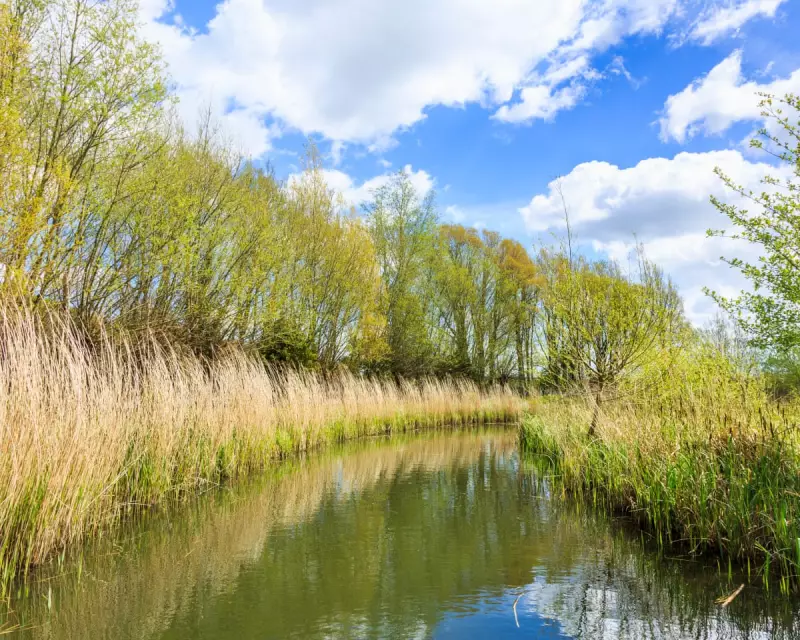
Across the UK, rivers and their banks serve as vital lifelines for countless species, yet human activity often restricts their natural movement. Conservationists are now calling for greater protections to ensure wildlife can freely roam these essential corridors.
The Importance of River Corridors
Riverbanks act as natural highways for wildlife, allowing species to migrate, forage, and breed. However, urban development, agriculture, and infrastructure projects have fragmented these pathways, threatening biodiversity.
Current Challenges
Barriers such as roads, fences, and flood defences disrupt the movement of animals like otters, kingfishers, and water voles. Without connected habitats, populations become isolated, increasing the risk of local extinctions.
Conservation Efforts
Organisations are advocating for 'wildlife corridors'—protected zones along riverbanks that allow species to move freely. These initiatives not only benefit animals but also improve water quality and flood resilience.
What Can Be Done?
- Policy Changes: Governments must prioritise wildlife-friendly infrastructure.
- Community Action: Local groups can restore riverbank habitats.
- Public Awareness: Educating people about the importance of these ecosystems is crucial.
By safeguarding river corridors, we can ensure a healthier, more balanced environment for future generations.





